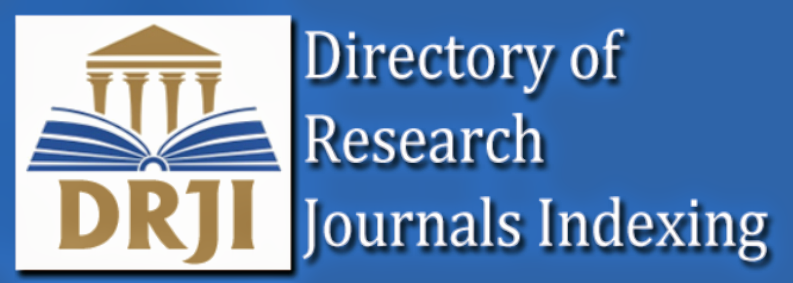| Back | Table of Contents | Full Text | PDF | Similar Articles | |
Onur Akhan1, Ersin Yildirim1, Suleyman Kursad Ozel1, Ege Alp Dagdeviren1, Tuncay Guzel2, Mehmet Kis3
1Department of Cardiology, Şehit Prof. Dr. İlhan Varank Training and Research Hospital, İstanbul, Türkiye
2Department of Cardiology, Gazi Yaşargil Training and Research Hospital, Diyarbakır, Türkiye
3Department of Cardiology, Dokuz Eylül University Faculty of Medicine, İzmir, Türkiye
Keywords: Atrioventricular block, cardiac pacemaker, inflammation, inflammation score
Objectives: This study aimed to examine inflammation markers before and three months after permanent pacemaker implantation in individuals with complete atrioventricular block to establish if cardiac conduction system disorders and pacemaker treatment affect inflammation.
Patients and methods: This retrospective cohort study included 44 complete atrioventricular block patients (24 females, 20 males; mean age: 73.4±9.2 years; range, 64 to 82 years) who underwent dual chamber (DDD) pacemakers implantation between January 1, 2023 and December 31, 2023. The hospital information system provided demographic, clinical, and laboratory data. Preprocedure and postprocedure three-month follow-up C-reactive protein, hemogram-related parameters, and inflammation scores were compared.
Results: The most common comorbidities, listed in order of frequency, were hypertension (95.4%), atherosclerotic heart disease (81.8%), diabetes mellitus (43.1%), heart failure (31.8%), and stroke (11.3%). Regarding laboratory measurements and inflammatory scores of the patients, only the mean platelet volume had a statistically significant difference just before (88.11±6.23 fL) and three months after (87.46±5.43 fL) the procedure was (p=0.002).
Conclusion: As an established indicator of inflammation, the notable decrease in mean platelet volume at the three-month follow-up
suggests that inflammation may not only contribute to but also result from atrioventricular block. Long-term follow-up is needed to
observe the impact of cardiac pacemakers, and further studies with innovative physiological pacing methods are required to evaluate these
effects.
| Back | Table of Contents | Full Text | PDF | Similar Articles | |














